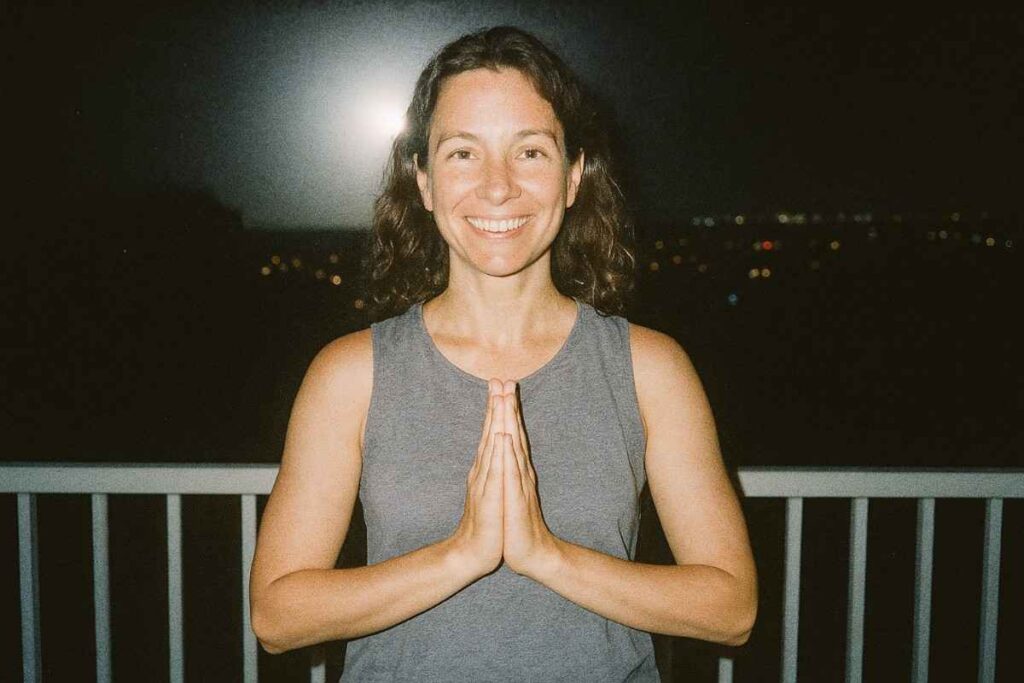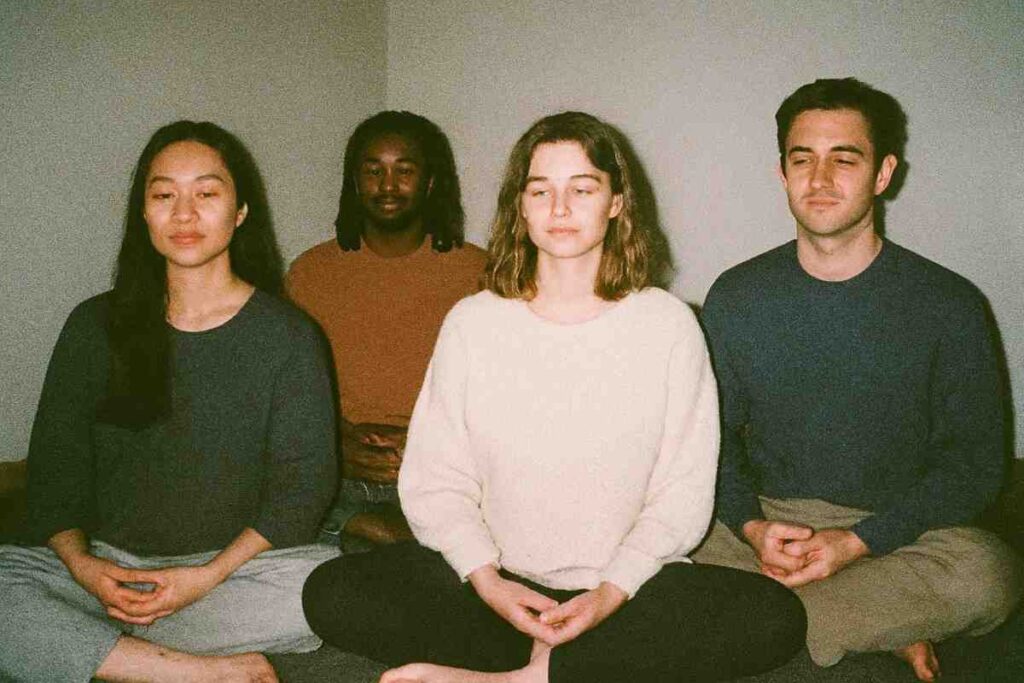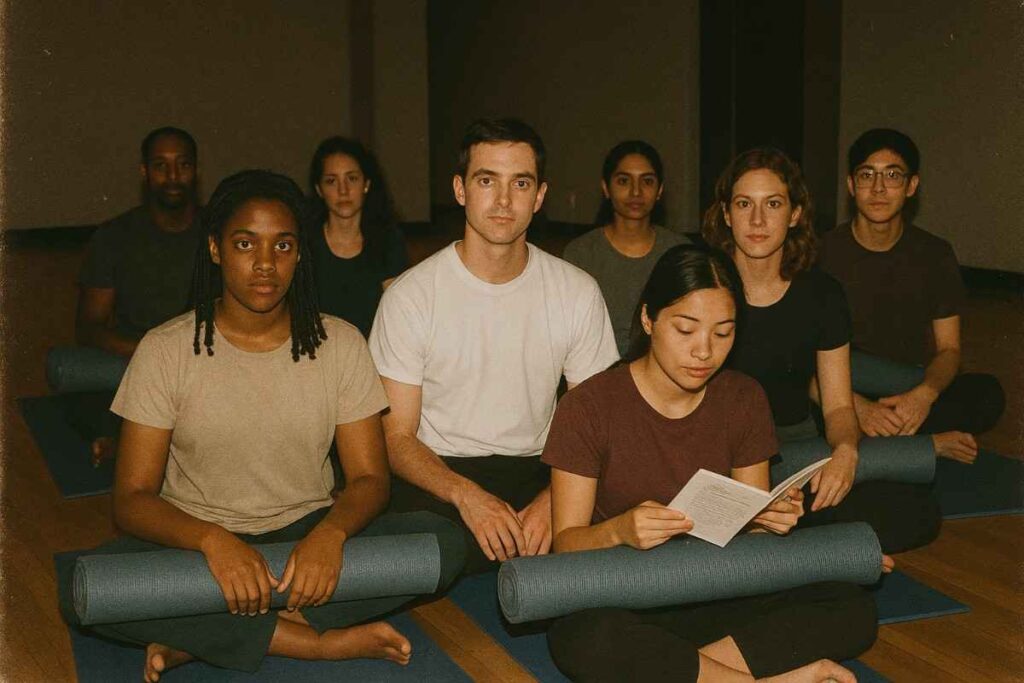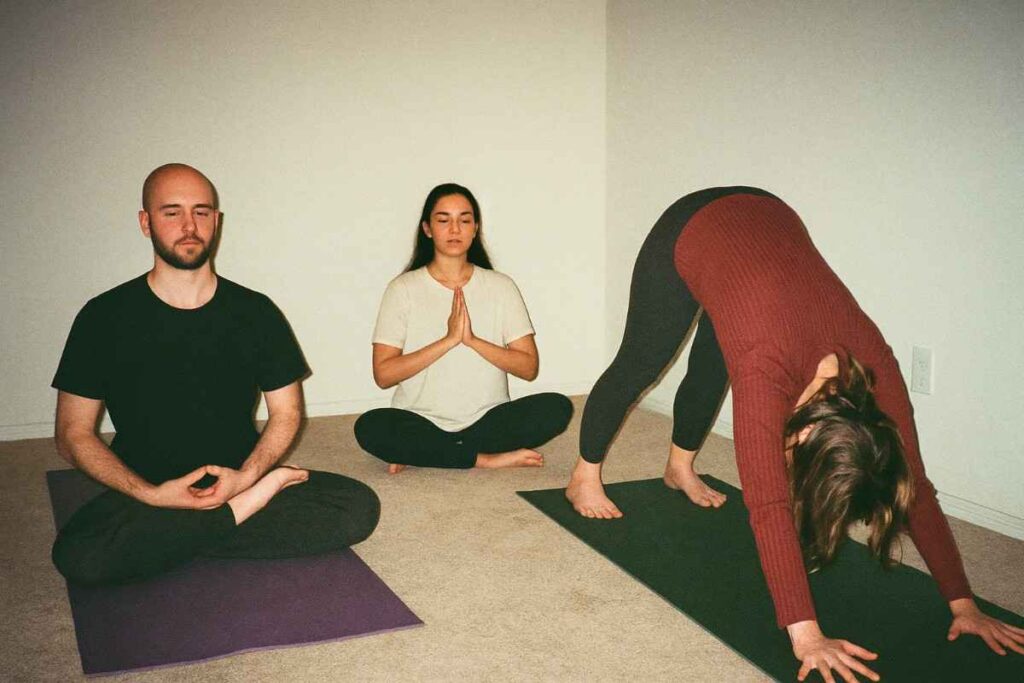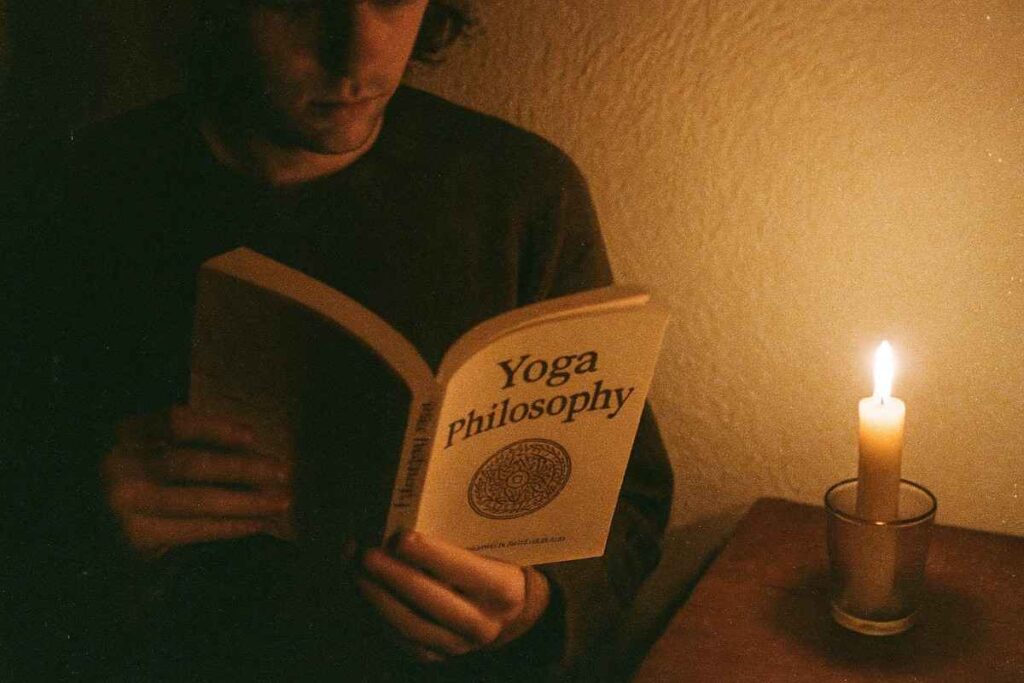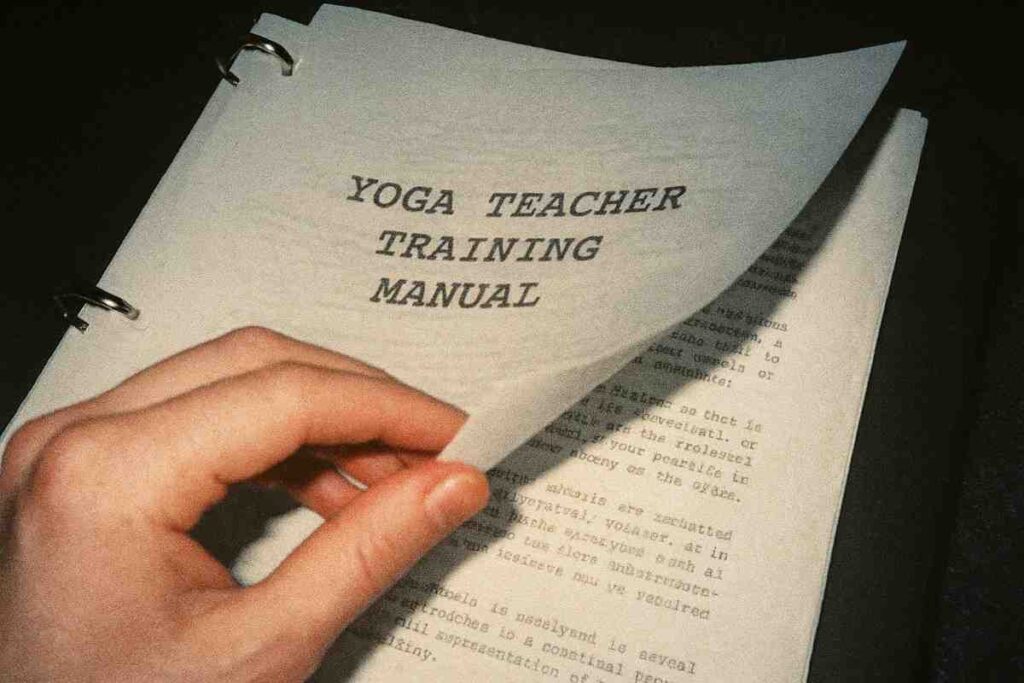Understanding Yoga Teacher Training
Yoga teacher training is an engaging and transformative journey that welcomes individuals from various backgrounds and experiences. It’s not exclusive to seasoned practitioners; anyone with a passion for yoga and a desire to deepen their understanding of the practice can participate. This program can serve as a stepping stone for personal growth, enhancing both one’s own practice and the ability to share yoga with others.
Open to All
Participants typically do not need extensive experience before embarking on their training. A genuine interest in yoga and a basic understanding of its principles are sufficient to begin the journey. Many programs cater specifically to beginners, allowing them to learn at their own pace while gaining foundational knowledge in yoga. Those who are already practicing extensively but wish to delve deeper into the philosophy and teaching methods of yoga will also find value in this training.
Motivations for Training
Individuals may choose yoga teacher training for diverse reasons, including:
- Personal Growth: Engaging in the structured learning of yoga can lead to significant self-discovery and personal development.
- Desire to Teach: Many participants are motivated by the wish to teach others, sharing the transformative power of yoga.
- Deepening Practice: For some, the goal is to enhance their personal practices and understanding, enriching their relationship with yoga.
Overall, yoga teacher training is a flexible program designed to accommodate various interests and levels of commitment, making the path accessible to a wide audience. It provides an opportunity for anyone eager to explore the teachings of yoga deeply while fostering connections within the yoga community.
For more insights into yoga teacher training, readers can refer to sources detailing motivations and benefits 1.
Eligibility Criteria for Yoga Teacher Training
Yoga teacher training programs have certain eligibility criteria designed to ensure participants are prepared for the journey ahead. Understanding these requirements can help aspiring teachers evaluate their readiness and commitment.
General Requirements
Most yoga teacher training programs require a basic understanding of yoga, but full expertise is not necessary to begin. Generally, candidates are expected to commit to attending sessions regularly, typically covering a schedule of around nine out of eleven weekends. This commitment is key to gaining the knowledge and skills needed for effective teaching.
Minimum Age Requirement
Participants in yoga teacher training must be at least 18 years old. This requirement emphasizes the importance of life experience and emotional maturity, as these elements are crucial for navigating the complexities of teaching yoga and connecting with diverse student populations.
Prior Certifications
For many advanced programs, having a foundational 200-hour Yoga Teacher Training (YTT) certificate is a prerequisite. However, some programs are accommodating and offer bridge courses for candidates who have completed their YTT at other institutions. This flexibility allows for a broader range of applicants to pursue their teaching ambitions.
Yoga Experience
While it is recommended that candidates have 1-2 years of yoga experience, this is generally not mandatory. Previous experience aids in understanding class teachings and helps attendees understand their own individual needs, which ultimately enriches their training experience.
Who Can Enroll in Yoga Teacher Training?
Yoga teacher training programs are designed to be inclusive, offering opportunities for individuals with diverse backgrounds and experiences. This accessibility enhances the learning environment and fosters a richer community of practitioners.
Inclusiveness of Programs
Yoga teacher training is open to participants from various backgrounds, which means individuals do not need extensive previous experience in yoga to enroll. The primary requirement is a genuine interest in yoga and a willingness to learn. This inclusivity allows many to explore the path of teaching, regardless of their starting point in the practice.
Potential Candidates
Several types of individuals may find yoga teacher training appealing:
- Practitioners eager to deepen knowledge and skills: Those who have a passion for yoga and wish to pursue a deeper understanding of its philosophies and techniques are ideal candidates. These participants are often looking to enhance their personal practice while gaining the skills to teach others effectively.
- Enthusiasts ready to share yoga and guide others: Individuals who feel drawn to share their love of yoga with others can benefit from teacher training programs. This path allows them to refine their teaching abilities and provide valuable guidance in their communities.
- Individuals seeking personal transformation or therapeutic integration: Many people enroll in yoga teacher training for personal growth. They may seek to integrate yoga’s therapeutic benefits into their lives or professions, exploring how yoga can serve as a healing practice.
In summary, yoga teacher training is accessible to a wide range of participants, paving the way for both personal and professional journeys in the realm of yoga.
Specific Examples of Training Programs
Yoga training programs vary widely in length and focus, catering to different levels of experience and specific goals. Below are some distinct categories of yoga training programs that prospective practitioners can consider.
300-Hour Advanced Training
This advanced course is ideal for individuals who wish to deepen their knowledge and skills after their initial training.
- To enroll, candidates must possess a 200-hour Yoga Teacher Training (YTT) certificate from an accredited program or complete a bridging program.
- A standardized baseline knowledge is essential for participation in this advanced level, ensuring that all participants meet the necessary prerequisites for successful training.
50-Hour Training
The 50-hour training program is crafted for both novice and experienced practitioners eager to enhance their yoga practice.
- This program is designed with flexibility in mind, accommodating various learning styles.
- It offers an engaging yet comprehensive approach to deepening one’s understanding of yoga, providing a well-rounded experience for all attendees.
85-Hour Prenatal Yoga Training
This specialized training targets individuals who already have some teaching background in yoga and are interested in focusing on prenatal practices.
- The program combines both live and self-guided learning formats, allowing for practical knowledge and skills acquisition.
- This approach ensures that participants are well-prepared to teach prenatal yoga classes effectively and safely.
By participating in these training programs, individuals not only expand their skills but also enhance their ability to share the benefits of yoga with others.
Additional Insights and Considerations
Finding the right yoga program is essential for those looking to deepen their practice or begin teaching.
Finding the Right Program
When choosing a yoga training course, it’s vital to align the program with personal interests and styles. Different styles of yoga offer unique benefits, and recognizing which resonates best with an individual can enhance the learning experience. Popular types include Hatha, Vinyasa, and Kundalini, each fostering different techniques and philosophies that cater to diverse needs and preferences.
Balancing Theory and Practice
Equally important is the balance between theoretical knowledge and practical experience. Engaging in independent study fosters personal growth and understanding, but real-world teaching experience solidifies this knowledge. Programs that combine essential theoretical content with hands-on practical teaching prepare students comprehensively for their future roles as yoga instructors.
This integration of knowledge not only enhances teaching techniques but also enriches personal practice, making for a holistic approach to yoga education.
Community and Support in Training Programs
Creating an environment of belonging is essential for participants in training programs. Participants often find that these programs foster strong networks among each other and with mentors. This connection can be pivotal in shaping their experiences and personal growth throughout the training journey.
Building Connections
One of the most significant advantages of training programs is the opportunity to build relationships. By participating in shared learning experiences, individuals often discover a supportive community that helps them navigate challenges and celebrate successes together. This network not only enhances learning but also cultivates a sense of camaraderie among participants. Engaging with peers and mentors provides avenues for feedback, encouragement, and collaboration, making the learning experience richer and more fulfilling.
Additionally, a supportive community encourages continuous engagement and motivation, driving participants to achieve their goals. In this collaborative atmosphere, learners are not just passive recipients of information; they become active contributors, enhancing the overall training program experience for everyone involved.
Financial Aid Options for Yoga Teacher Training
Aspiring yoga teachers often face financial challenges when pursuing their training. Fortunately, various financial aid options are available to ease these burdens.
Payment Plans and Financing
Many institutions offer flexible payment plans that allow students to manage their tuition costs effectively. These plans help spread the financial commitment over time, making it easier to enroll without the pressure of immediate full payment. Additionally, institutions may provide personalized financing options to ensure accessibility for all students.
For eligible military spouses, specific financing options are also available. Programs like the My Career Advancement Account (MyCAA) provide financial assistance to help cover tuition and training costs for those pursuing careers in fields such as yoga instruction. This initiative exemplifies how financial aid can support individuals in their professional journeys while accommodating military life demands.
Frequently Asked Questions (FAQ)
Do I need prior yoga experience?
Most programs accommodate beginners with no previous experience. This inclusivity makes yoga teacher training accessible for everyone, regardless of their background or prior knowledge of yoga practices.
What is the typical duration of yoga teacher training?
Courses vary significantly in length, offering both intensive and extended durations to fit different schedules and learning preferences. It’s essential to choose a program that aligns with your availability and goals.
Are online training options available?
Many programs now offer flexible online training courses. This adaptability allows students to engage in teacher training at their own pace while balancing other commitments.
What should I expect from yoga teacher training?
Expect coursework covering essential topics such as anatomy, teaching methodologies, and ethics. This comprehensive approach ensures that future yoga instructors are well-equipped with the necessary knowledge to effectively teach and guide their students.
Can anyone enroll in YTT?
Yes, individuals across various backgrounds and experiences are welcome to enroll in yoga teacher training. This openness promotes a diverse learning environment and enriches the training experience for all participants.
Taking the Next Step
Taking the plunge into yoga training can be a profound journey, inviting individuals to connect more deeply with themselves and others. If you’re considering exploring the vast world of yoga, now is the perfect time to find the right training program that resonates with your goals and aspirations.
Encouragement to Explore
The world of yoga training is rich with diversity, offering a range of styles and philosophies. It’s essential to take the time to explore different programs that align with your interests—whether that’s enhancing personal practice or learning to teach. As you embark on this journey, think about what aspects of yoga resonate most with you. Engaging in research can unveil various training programs that suite different preferences, from intensive retreats to comprehensive courses.
Invitation to Deepen Your Practice
If you’re already practicing yoga, this is an opportunity to deepen your understanding and enhance your skills. Consider how further training can elevate your practice and introduce you to new perspectives. Conversely, if you’re looking to teach, a structured training program can provide you with the essential tools and confidence needed to guide others on their yoga journeys. Regardless of your path, each step enhances not just your own practice, but also contributes positively to the broader community of yoga practitioners.
Whether you’re aiming to expand your capabilities or simply explore the enriching realms at the heart of yoga, taking the next step is an exciting opportunity for growth and transformation.

